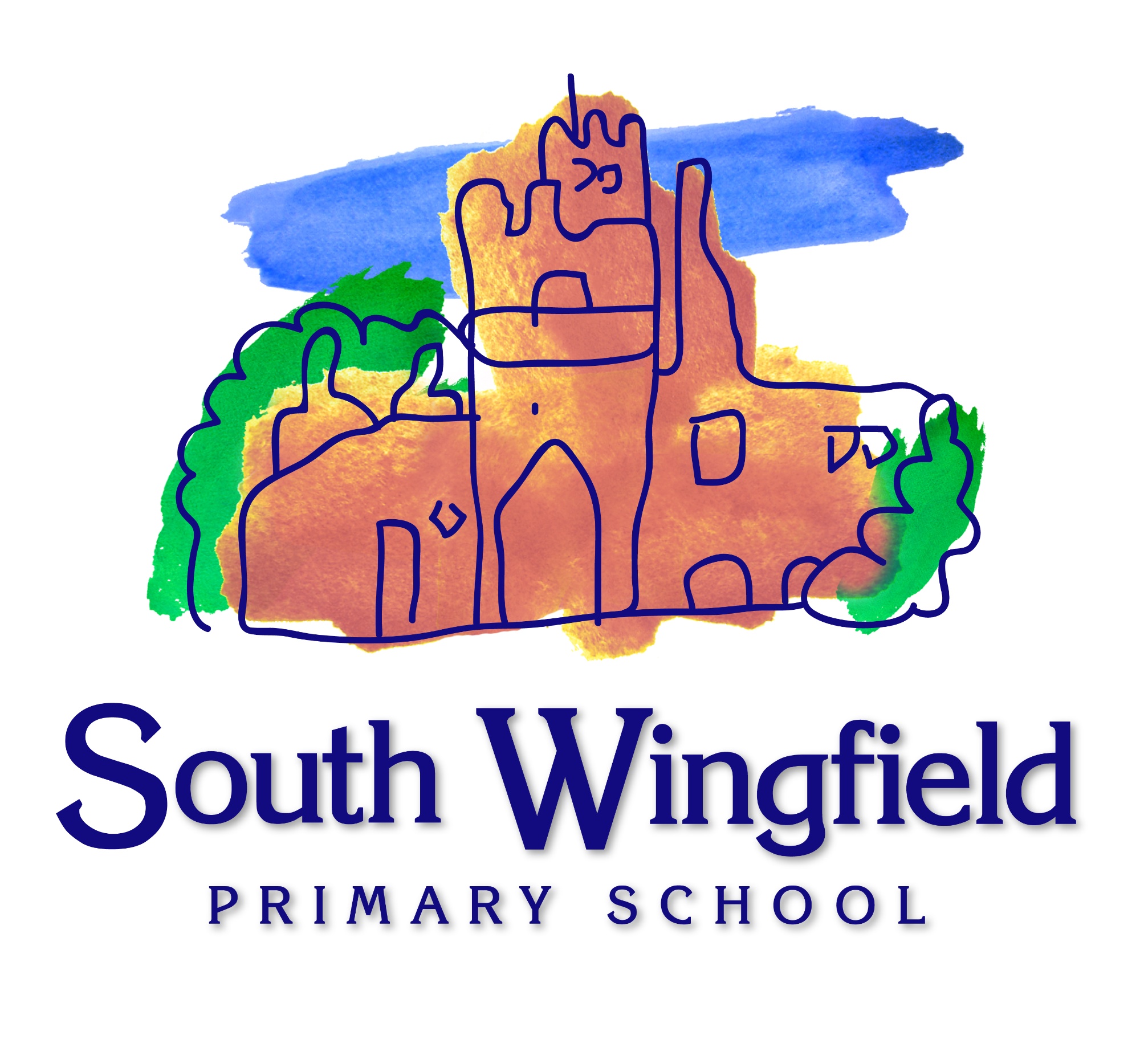British Values

At South Wingfield Primary School we pride ourselves on the breadth and balance of the school curriculum for all groups of pupils. It is carefully planned to ensure it not only meets new national curriculum requirements in terms of the range and requirements of subjects taught, but provides our children with rich, meaningful and relevant learning experiences and to prepare them for life in modern Britain.
As part of our school vision for our children to become ‘responsible citizens’ we provide opportunities for children to learn about and experience:
- The values of democracy, rule of law and mutual respect and tolerance of those with different (or no) faiths and beliefs.
- The understanding and appreciation of different cultures in school and within Britain.
- An understanding of how people can influence the decision making process through the democratic system.
- The importance of identifying and combatting all forms of discrimination.
School Vision
- At South Wingfield Primary School our belief is that all children have the right to a stimulating learning environment where they are motivated to learn through outstanding provision and a varied and exciting curriculum. We work very hard to provide our children with a well- rounded education that has, at its basis, a wide ranging and varied curriculum.
- We firmly believe in the five outcomes that are most important to children and young people: to be healthy; stay safe; enjoy and achieve; make a positive contribution and achieve economic well-being.
- We also believe that every child, whatever their background or circumstances, are entitled to a first class education.
- Our school ethos is routed in positively educating the whole child; preparing children to become self- motivated, independent learners and respectful citizens of the future.
- We promote high standards of behaviour, have high expectations and the whole school community is committed to high standards of achievement for all of our pupils.
Democracy
The children have a pupil parliament that is voted into office. The pupil parliament decide upon different things that happen in school, such as how to raise money for charity, what colour to paint the children’s toilets and help to judge competitions in school. The topic of Ancient Greece teaches the children about civilisations and their democracies. In class 5, the children learn about world wars and how Britain stood up to safeguard freedom and democracy.
Mutual Respect
A weekly assembly is always on the theme of inclusion and the children learn to respect differences and how we can all be inclusive such as using Makaton as part of our way of communicating. Assemblies also celebrate individual achievements in ‘star of the week’. The children bring in trophies and medals for sports and hobby achievements that they show proudly in assembly. Displays around school respect diversity. The flags from all countries that the children have heritage in are displayed in the hall. In classrooms and shared spaces, multicultural objects and toys are available to encourage respect for other cultures and promote discussion. In the curriculum the achievements of significant Britons are taught, including those individuals that break stereotypes. As part of PHSE, children are also taught about stereotyping others. Posters and flags around school, and the PHSE curriculum promote diversity through celebrating different families.
Rule of Law
Children are regularly reminded that we have rules and laws and why we need to follow them. Assemblies regularly talk about the consequences of our choices and what happens if rules are not followed. The rules are revisited each year. Behaviour is managed in a positive way with children being trusted to make the right choices and the consequences of their decisions.
Individual Liberty
All children are encouraged to make choices within a safe and supportive environment. They exercise their rights and personal freedoms. Children can choose their own rewards as part of the positive behaviour system. They are also encouraged to stand up for their beliefs in an appropriate way through discussions, day to day situations and in PHSE and RE. Children also make choices about the clubs they would like to participate in.
Tolerance of different faiths and beliefs
The RE curriculum teaches children about different faiths and beliefs, including atheism. Posters and artefacts placed around school celebrate and promote the understanding about different faiths and beliefs. Children recognise the main religious symbols and what they stand for. The festivals of Diwali, Hannukah and Christmas are taught in Key Stage 1. In Key Stage 2, the children look for answers to some profound questions connected with religious and non-religious beliefs. They also learn about Judaism, Hinduism and Islam.
